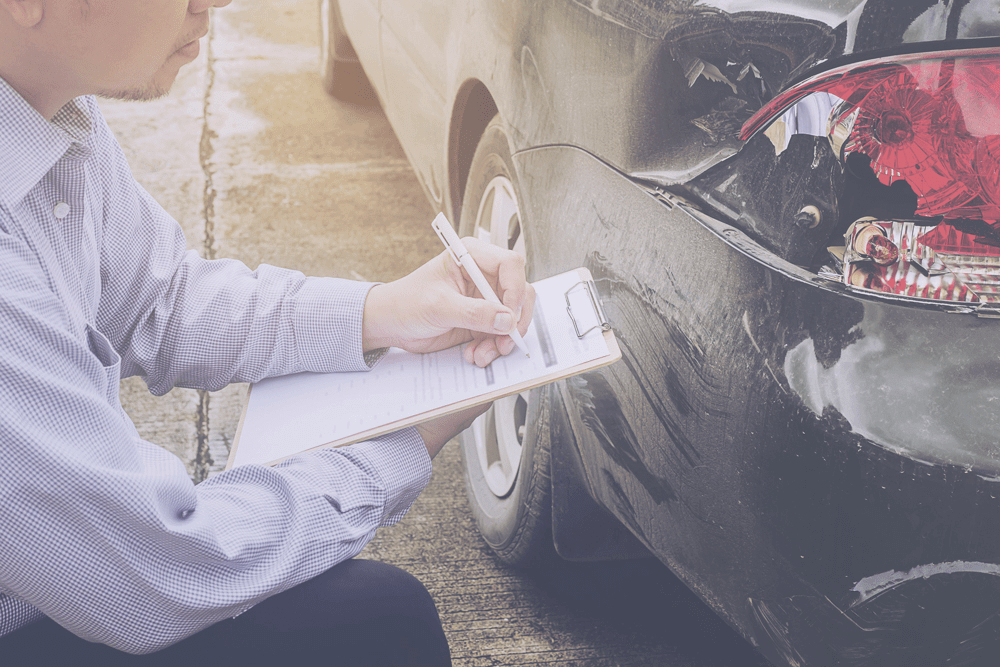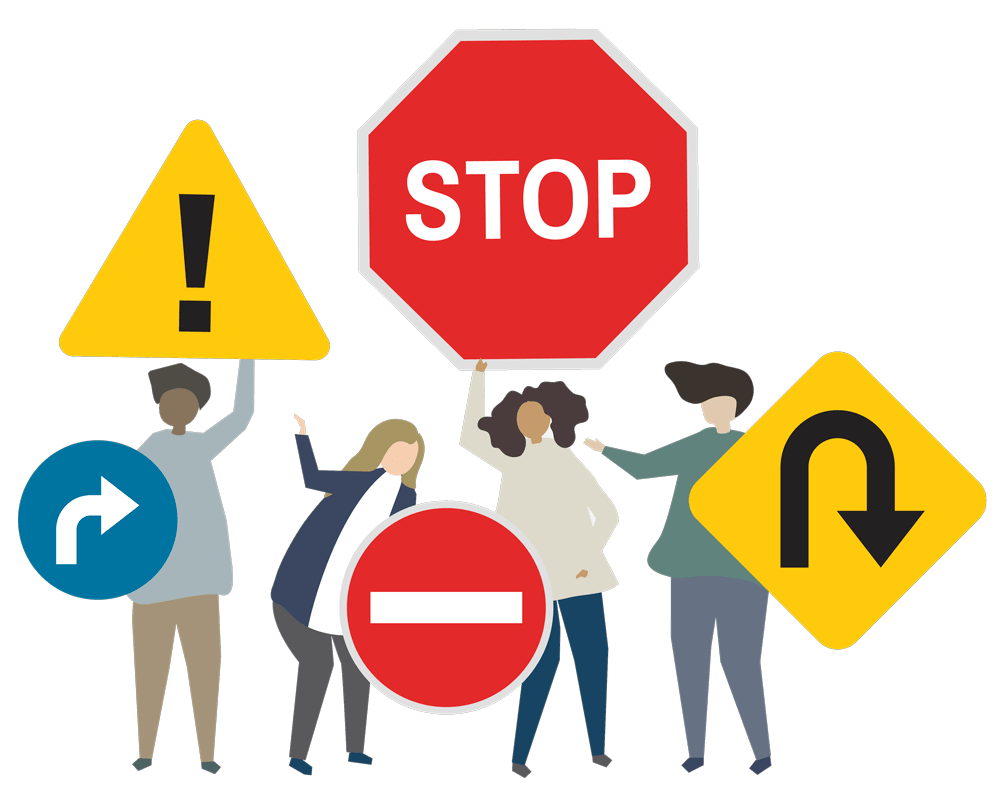Auto insurance is something you have to think about if you ever plan to own or drive a vehicle. Anything can happen when you are driving your vehicle and it is up to you to ensure that you are adequately protected to avoid huge unexpected losses. Auto insurance will cover you for damage or loss to your vehicle caused by covered risks as well as liability coverage for injuries or property damage caused to others in an accident where you were at fault.
When buying auto insurance, you need to pay close attention to your insurance rate as you will be paying it for as long as you own the vehicle. Insurance companies consider various factors when determining auto insurance rates.

1. Make and Model of The Car
The make and model of a vehicle has an impact on many of the things auto insurance companies consider when determining your insurance rate. The first thing that the make and model determines is the value of the vehicle. Obviously, the more valuable your car is, the higher the premiums will be. Another thing affected by the make and model is the likelihood of theft. According to statistics, some vehicles have a higher likelihood of theft than others.
This could be because they are easy to steal, their spare parts are in high demand, among other reasons. Insurance companies will charge you higher premiums if your vehicle is more likely to be stolen.
2. Your Driving History
Insurance companies solely rely on your driving history to get a rough idea of what kind of driver you are. If your driving record shows that you are a careless driver who has been involved in multiple incidents, insurance companies will view you as a high-risk driver and charge the highest rates. Some insurers could even refuse to provide coverage when they think you’re too risky. If your record is clean as a whistle, you will get lower rates. If you are a new driver with no driving record, your rate will be slightly higher than those with a clean record.
3. Your Deductible Amount
When buying auto insurance, you get a chance to choose a deductible. A deductible is simply the amount that you choose to pay first towards a covered loss before your insurance company pays the rest.
For example, suppose you have a deductible of $1,000 and you hit a tree. If the damage will cost $2,500 to repair, you will pay the first $1,000 while the insurance company pays the remaining $1,500. If in the same scenario, the damage was $800, you will cover the full cost of repairs. The higher the deductible you choose, the lower your insurance rate will be. The perfect deductible is the highest amount possible that you can pay out-of-pocket comfortably.
4. Your Location
The environment you live in determines the types of risks your vehicle is exposed to. For example, if you live in a densely populated urban area, you will be at more risk of being involved in an accident since there’s more traffic.
5. Safety Rating
All vehicles are taken through rigorous tests to determine their safety ratings. A car with a high safety rating is less likely to be involved in accidents and even if you do get into an accident, the damage and injuries suffered by its passengers are minimized. Additional safety features such as extra airbags, automatic seat belts, pedestrian detection, automatic braking system, traction control, lane change warning, and many others could also help reduce your insurance rate.
6. Credit Score
Insurance companies also check the applicant’s credit score when determining the insurance rate. According to research, people with lower credit scores tend to make more claims, which is why premiums are higher. Credit scores also indicate how good you are at paying debts which could show how good you will be at paying premiums.
Before applying for auto insurance, you should learn some of the ways to improve your credit score.
7. Driving Activity
Insurance companies take into consideration what you use your vehicle for and how often you use it when determining premiums. If you use your car every day for business and personal purposes, your premiums will be higher than a person who only uses their car once or twice a week to run errands.



